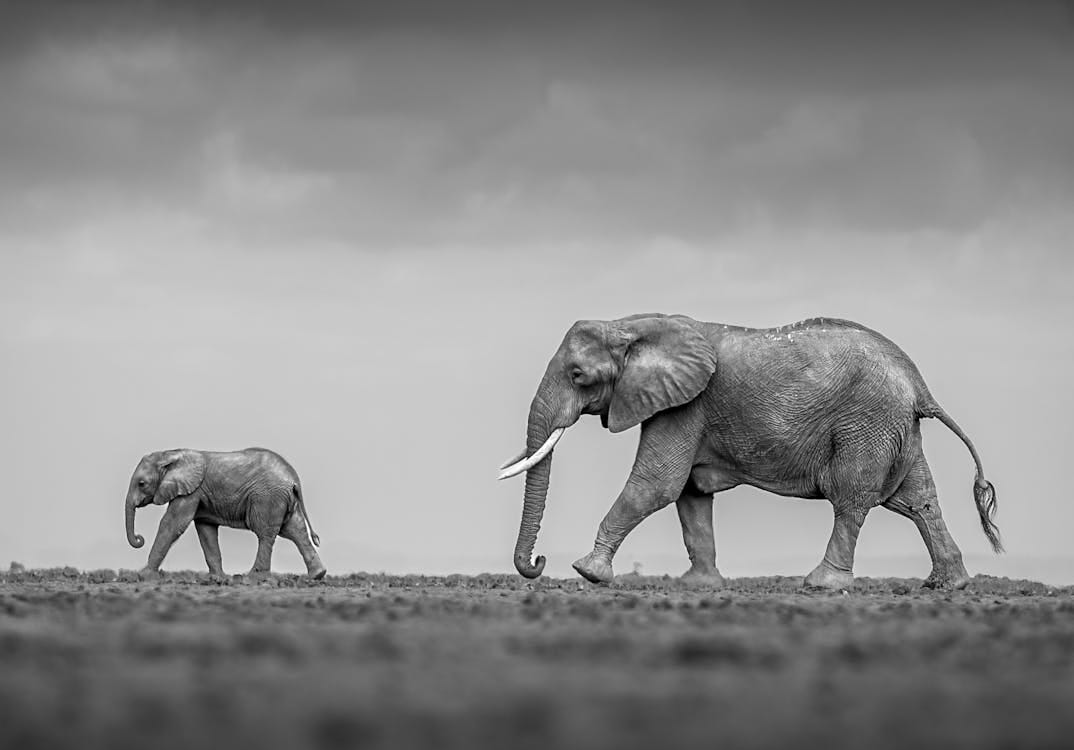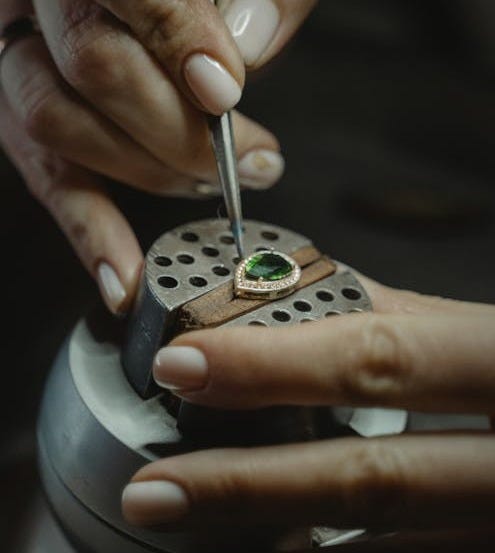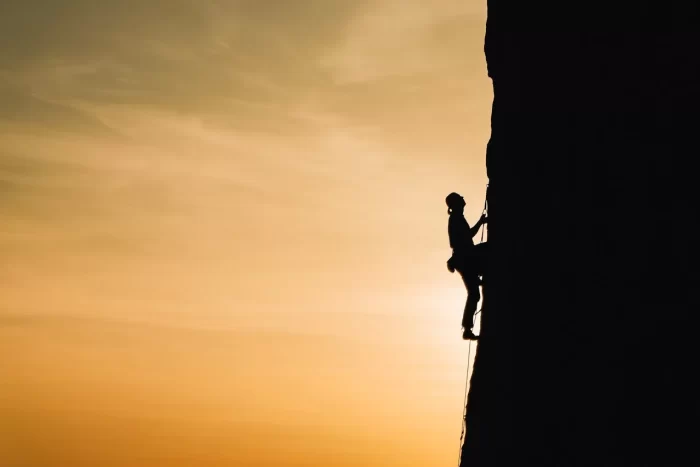Voluntary exposure to challenges is the only way to grow.
In our contemporary fragile world of safe spaces, trigger word warnings, sensitivity trainings and general over-protection from parents, for many it may be unthinkable that there were times when youth willingly exposed themselves to great challenges, seeking both personal and professional growth on the way.
Just as the human body, and the genome of the race in general, gets used to being over-medicated making the immune system ever weaker for every upcoming generation, so do these “protective” social constructs to the human psyche. Growth happens at the edge and beyond the comfort zone – both psychological and physical. The same happened to our muscles growing up from infancy, otherwise we would still be laying “safely” in our cribs with no strength to climb out.
The reasons behind this overprotective approach are many and this article will not cover them all, certainly not in depth. Among the main reasons scientists often mention the fact that we have less, often one child per couple, and this means all bets are on this only one to successfully transfer genes to the future. Time is another factor. Parents have significantly less of this resource and at the same time they wish to train, teach, attend to their offspring more. This undivided attention then leads to being present way beyond what would normally be enough (helicopter parenting), or imagining a family with more children and considering the limitations of 24 hours per day, humanly possible. Media certainly has influence, too. Channeling negative stories even from countries we could hardly find on a map, yet having the same time on the telly as the local city news, adds to and amplifies the anxieties of parenting.

Parents must do the homework: teach and prepare the children for the big and terribly scary world outside. How? Structuring the complex reality of life into understandable chunks, pass over moral and ethical values, teach how to find meaningful aims in life, and tell how to fall and get up on the way towards them. If a child has to acquire all these from tik-tok videos, hashtag slogans or t-shirt quotations, then truly, there is something yet to do before exploring the world alone.
If not, there is a whole big world out there to learn and subdue, to shape and make it a better place! Exposure to challenges helps us develop resilience and confidence, as we learn to navigate difficulties and overcome obstacles.
What was the Grand Tour?
Travelers would visit iconic cities like Rome, Florence, and Paris, exploring their art galleries, historical and architectural sites. They would engage with renowned professionals, craftsmen, scholars and artists. Many learned or refined a profession, a manufacturing technique or innovation.

Beyond the intellectual benefits, the Grand Tour offered opportunities for social and personal growth. Travelers would network with others, forming lifelong friendships and professional connections. They would experience different cultures, customs and languages, fostering a sense of global citizenship.
While the Grand Tour eventually had declined in popularity, its impact on European culture and society endured. It shaped the tastes, values and worldview of generations of young people, leaving a lasting impact on art, literature and politics.
Beethoven’s Grand Tour
One of the most remarkable Grand Tours of history was Beethoven’s. As a young prodigy, in order to learn and improve, to raise and make a name, he moved from his hometown Bonn to Vienna, the capital of music at the time. One must wonder what a pool of genius talents that city had to be, where a Schubert or a Salieri were among the “honorable mentions”. Go to Vienna and learn from Haydn and Mozart, show your talent in their own playground! This prospect nowadays would certainly trigger many to hide under the bed looking for a safe place, or go see a coach. It was like telling a young filmmaker today to move to a village where Spielberg, Tarantino and Christopher Nolan lives…

Yet, this exposure to the very best humanity in music could offer at the time, made Beethoven to what he had become. He was special not because he was born and mama proudly said so, but because he earned this title! A Beethoven staying in Bonn certainly would have shown many remarkable things, but to achieve what he did, he had to go into that competitive arena that Vienna was, and face daily the judgment of the talent of those unique contemporary geniuses.
So, why not seek this kind of exposure for our kids and the young today? Why not motivate them to go out in the world, be ready to fall even ninety-nine times and then become or create something unique and remarkable for the hundredth attempt?
As the Latin saying goes:
Crescit sub pondere palma – Under pressure, the palm tree grows!




